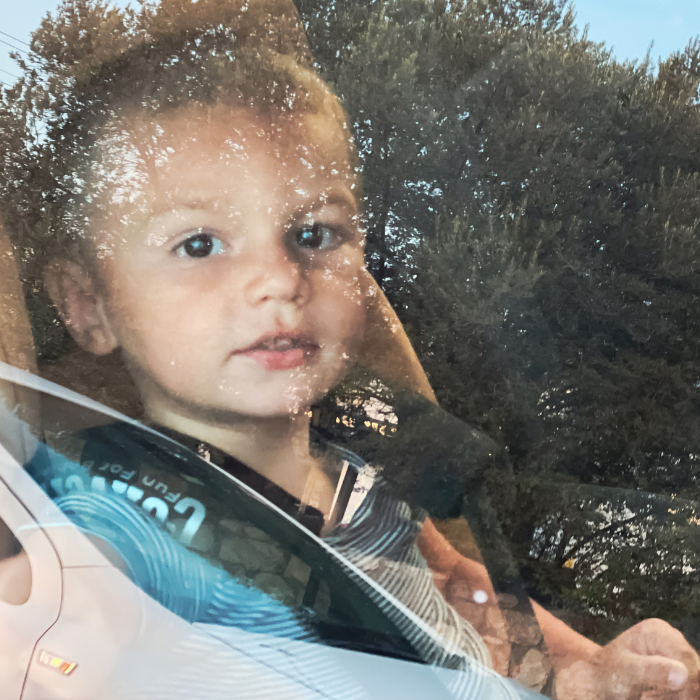
How a child sees will impact their learning, explains optometrist Jeremy Fox of Anstice Optometrists.
The B4 School vision check and the vision check at school are designed to assess whether your child meets the vision standards in both eyes for their age, effectively telling you whether your child can see well. However, 20/20 (or 6/6) vision is not all that it is made out to be – seeing well is important, although the visual system requires a number of other significant factors to be working in synchronisation (sync) to allow optimal performance in reading, concentration, attentiveness, and preventing fatigue.
How does vision affect school performance?
How the visual system is functioning plays a significant role in school performance. In her latest research, Professor Joanne Wood of Brisbane University of Technology confirms how vision directly impacts reading rate, reading accuracy, and comprehension. Binocular function plays another role in visual performance – all affecting visual function. So while the eyes may be able to see well and appear to be working together, how they are managing to maintain this function plays a significant role in how your child may or may not be performing optimally.
What if there’s still a problem?
If a child’s vision has been “ticked off” as being “okay” and they continue to exhibit any of these symptoms:
- Poor reading
- Missing/skipping letters/words or jumping lines
- Inability to stay on task
- Daydreaming
- Avoidance/reluctance to engage in reading or near visual tasks
- Wavering concentration
- Undue fatigue at the end of the school day
Even some late afternoon behavioural variations, headaches, and under performance scholastically relative to intellect may all indicate that there is an underlying visual problem that has not been identified. A comprehensive binocular visual assessment should be sought and undertaken to be able to comprehensively rule out vision as a factor.
What optometrists can help with
Optometrists familiar in dealing with these issues in children’s vision will be able to uncover the binocular instability (combination of muscle and focus imbalance). If a child is overcompensating owing to the imbalance between focus and muscle alignment, an optometrist trained in this eld will accurately measure and provide spectacle correction in order to carefully monitor and manage the physical changes over time, allowing for improved visual performance and scholastic advancement.








